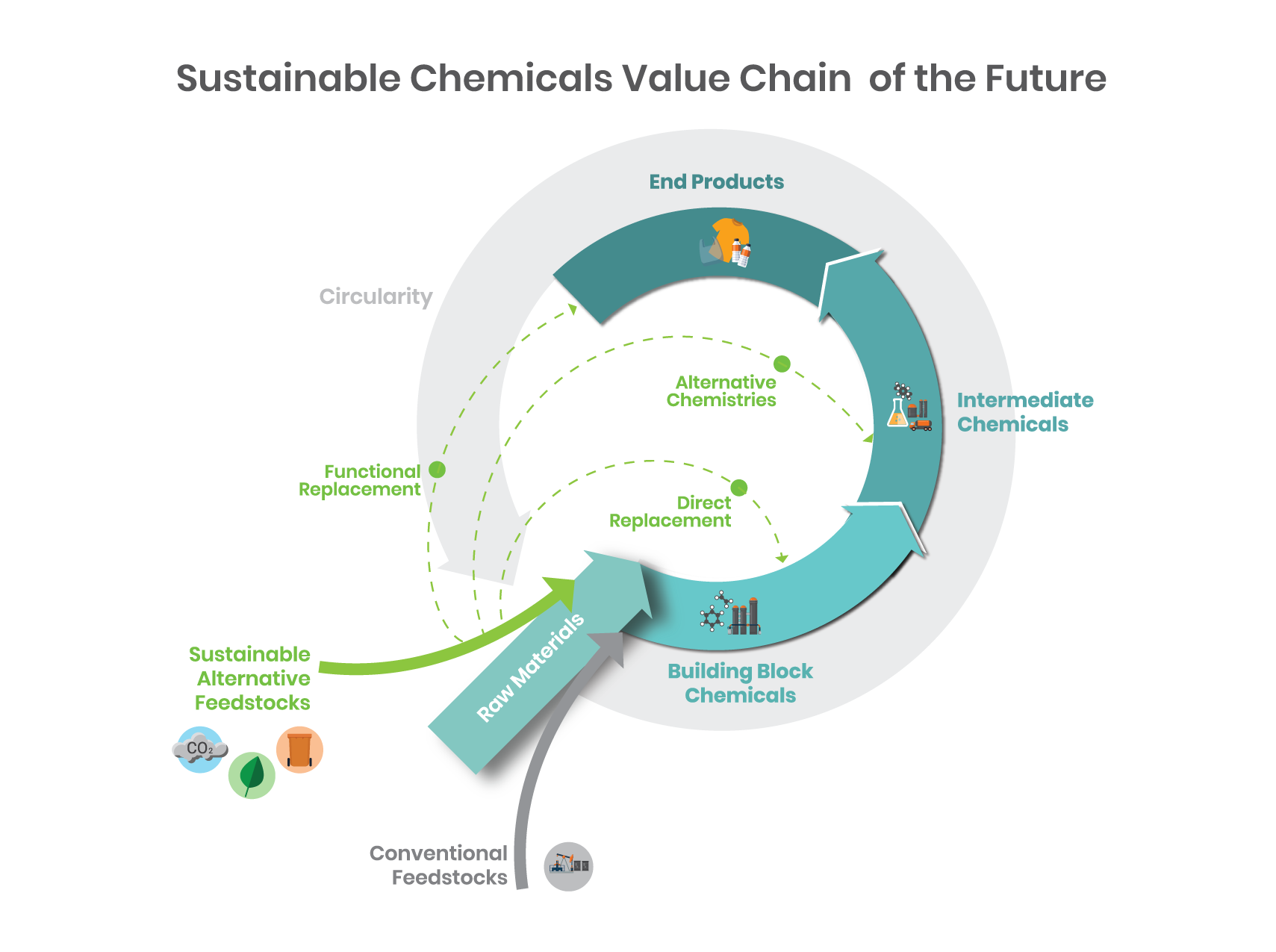Recognizing the Vital Aspects to Take Into Consideration When Choosing Chemical Products for Integrated Solutions in Different Industries
In the process of selecting chemical products for integrated solutions throughout different sectors, a nuanced understanding of crucial variables is vital. Just as crucial are safety and security and taking care of methods that protect personnel while decreasing functional threats. As companies strive for performance, reviewing performance metrics and taking into consideration complete expense of ownership become essential to notified decision-making.
Regulative Compliance
Regulative conformity is a crucial part in the option of chemical products for integrated services. It encompasses adherence to a myriad of local, nationwide, and worldwide policies that control the manufacture, transportation, use, and disposal of chemical materials. Organizations should guarantee that the chemical items they choose not just fulfill these governing demands however additionally straighten with industry standards to minimize lawful and economic risks.
The regulatory landscape is complex, often incorporating guidelines from firms such as the Epa (EPA), Occupational Safety And Security and Health And Wellness Management (OSHA), and the European Chemicals Firm (ECHA) Conformity necessitates thorough documentation, consisting of safety and security information sheets (SDS), labeling demands, and danger evaluations (Chemical Products). Failure to conform can result in extreme penalties, consisting of penalties and sanctions, and can jeopardize the safety and honesty of integrated options
Moreover, proactive conformity fosters trust fund and openness with stakeholders, consisting of customers and governing bodies. As industries increasingly stress sustainability and environmental responsibility, picking compliant chemical items is not just a lawful obligation however a critical essential that enhances organizational credibility and competition in the market. Organizations have to focus on regulative conformity in their selection processes to guarantee long-term success.
Security and Handling

Moreover, companies need to invest in extensive training programs for employees who handle these chemicals. Such training needs to cover the proper use personal protective devices (PPE), emergency action treatments, and risk-free storage methods. Safety And Security Data Sheets (SDS) ought to be readily available to all employees, giving essential information on handling, storage, and emergency steps.
Carrying out a durable inventory administration system is additionally important to track the use and expiry of chemical items, therefore decreasing the probability of crashes. Normal audits and inspections can aid make sure conformity with safety and security requirements and identify possibilities for renovation. Chemical Products. By focusing on safety and security and handling protocols, companies can promote a culture of safety and security that protects their employees, the environment, and the integrity view it now of their incorporated remedies
Efficiency Metrics

Moreover, the assessment of physical properties such as thickness, solubility, and thermal stability is necessary, as these characteristics can significantly impact the efficiency of chemical services. In addition, the environmental effect of chemical products is an increasingly crucial statistics, incorporating variables such as biodegradability and toxicity, which play a crucial role in lasting practices.
Examining efficiency metrics additionally entails thinking about customer responses and real-world application information to make certain that the chemical items do under differing problems. Inevitably, a detailed understanding of these metrics permits companies to make educated decisions, ensuring the chosen chemical items not just fulfill regulative criteria yet also offer optimal performance in integrated options tailored to their particular industry requirements.
Expense Factors To Consider
When evaluating chemical products for incorporated options, cost factors to consider often drive the decision-making process. Organizations should meticulously evaluate not just the preliminary acquisition rate of chemicals yet also their complete expense of possession, which consists of operational, upkeep, and disposal costs. An extensive understanding of these factors allows businesses to make educated selections that align with their monetary restraints.
Additionally, it is critical to evaluate the capacity for volume price cuts or long-term agreements with providers, which can considerably minimize expenses gradually. Firms must additionally take into consideration the scalability of chemical items, as those that fit future growth can supply much better worth in the long run.
Additionally, efficient expense management involves analyzing the influence of chemical product selection on productivity and efficiency. While lower-cost options might appear eye-catching originally, they can bring about boosted downtime or decreased effectiveness, inevitably influencing the internet bottom line. For that reason, organizations have to stabilize cost with efficiency to make sure that their chemical product selections add favorably to their integrated services.
Ecological Effect
Price considerations play a substantial role in the choice of chemical items, yet companies must also prioritize the environmental effect of their options. The eco-friendly impact of chemical compounds can have significant consequences, impacting air high quality, water resources, and biodiversity. As a result, business must perform detailed evaluations of the environmental profiles of possible products, concentrating on elements such as toxicity, biodegradability, and the possibility for contamination.
Organizations should think about options with lower environmental threats, such as environment-friendly formulas or normally obtained chemicals, which can minimize negative results. Compliance with regulative frameworks and sustainability qualifications can direct the choice procedure, guaranteeing that products align with both legal demands and company social responsibility goals.
Executing life cycle evaluations (LCAs) can additionally offer useful insights into the long-term environmental impacts of chemical products, from manufacturing to disposal - Chemical Products. This comprehensive method aids companies in making educated decisions, balancing performance and sustainability. In an increasingly eco-conscious market, focusing on ecological effect not just improves brand credibility however likewise adds to a competitive benefit, cultivating strength in a landscape where sustainability is critical
Verdict
Finally, picking chemical products for integrated options requires a comprehensive examination of regulative conformity, safety and taking care of protocols, performance metrics, expense considerations, and ecological impact. By thoroughly stabilizing these important aspects, companies can boost operational performance and make certain adherence to industry criteria. Ultimately, informed decision-making in the option procedure not only fosters sustainability but additionally reinforces look at here brand name credibility, contributing to lasting success across various industries.